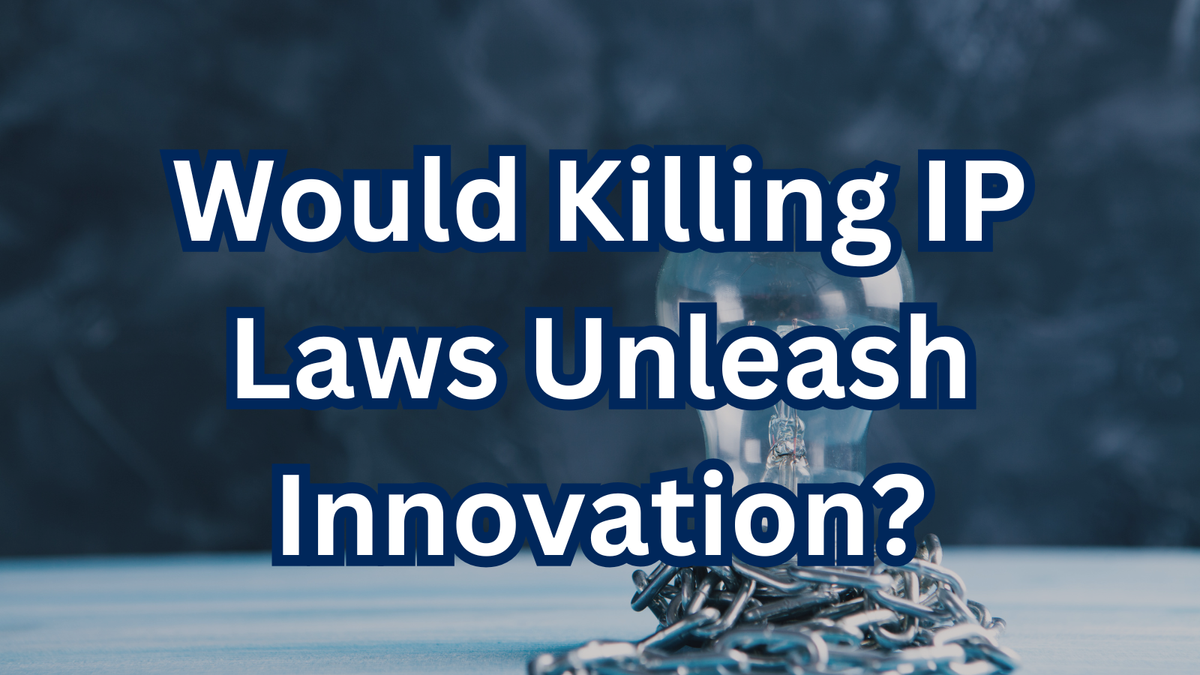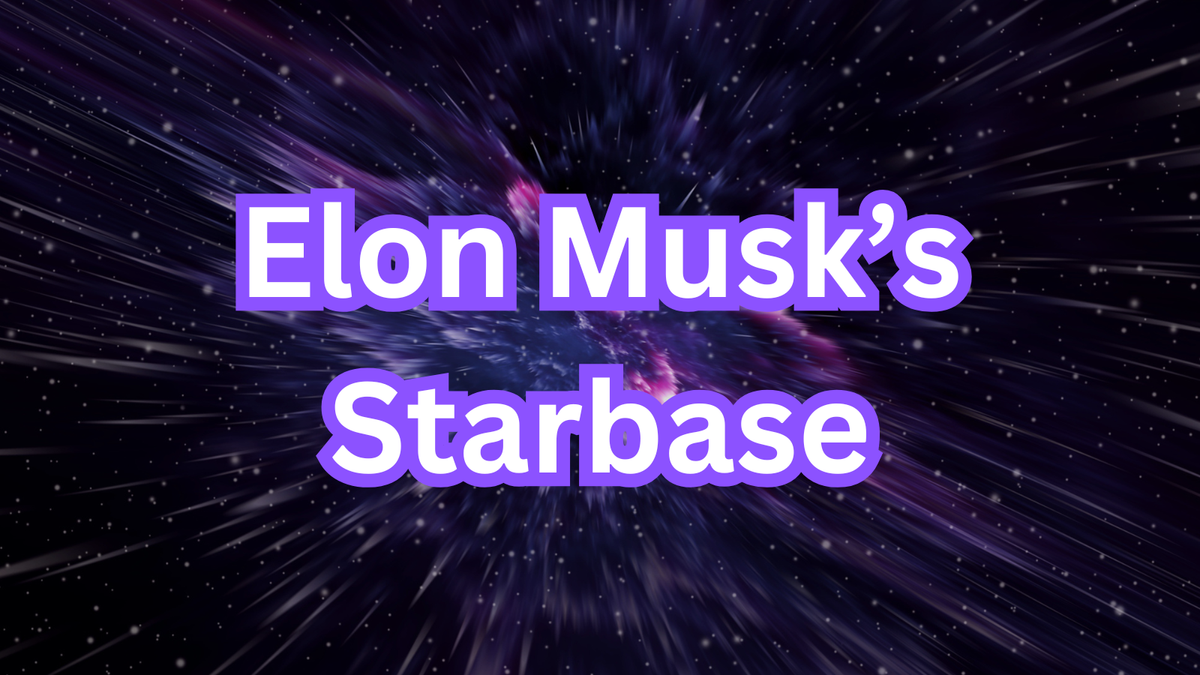Would Killing IP Laws Unleash Innovation? Why Musk and Dorsey’s Plan Could Backfire

Elon Musk and Jack Dorsey want to dismantle intellectual property laws. But what if their "open innovation" utopia stifles the very progress they claim to champion? The tech billionaires recently sparked debate by arguing that IP protections hinder collaboration, but critics warn their vision risks crushing startups and eroding incentives for breakthroughs. Let’s dive in.
🔓 The Tech Titans’ Argument: “Innovation in Chains”
Musk (Tesla, SpaceX) and Dorsey (Twitter, Block) have long criticized IP laws like patents and copyrights. Their core claims:
- Patents slow progress: IP laws are relics that let lawyers block ideas instead of builders creating them.
- Open-source solves everything: Dorsey argues that open collaboration, like Bitcoin’s decentralized model, accelerates innovation better than patents.
- Big Tech hypocrisy: Critics note both have filed thousands of patents themselves. Musk once called patents “a lottery ticket to a lawsuit.”
Two tech billionaires casually agreeing that intellectual property protections should not exist. Nothing to see here. pic.twitter.com/WYFrD7SXXU
— Phumzile Van Damme (@zilevandamme) April 12, 2025
⚖️ Why IP Laws Matter More Than Ever
John Doe, the article’s author and a tech policy expert, pushes back:
1. Startups Need Protection to Survive
Small companies rely on patents to attract investors. Without IP safeguards, giants like Apple or Google could copy ideas freely, crushing competition. Example: In 2023, 78% of VC-funded biotech startups cited patents as critical to securing funding.
2. Innovation Isn’t Free
Developing cutting-edge tech costs billions. IP laws let companies recoup R&D investments. Abolishing patents could disincentivize risky moonshots like mRNA vaccines or fusion energy.
3. The Open-Source Paradox
While open-source works for software (Linux, AI models), physical innovations (drugs, hardware) require massive upfront costs. “You can’t ‘open-source’ a semiconductor factory,” notes Doe.

🤔 The Innovation Paradox: Who Really Wins?
Doe argues Musk and Dorsey’s stance benefits entrenched players:
- Big Tech dominance: Companies with vast resources can outspend startups on R&D if IP protections vanish.
- Copycat culture: Without patents, first-movers lose advantage. Example: China’s rapid replication of Western tech in the 2010s.
- Ethical risks: Biotech and AI innovations could be replicated without safety checks if IP laws dissolve.
🛠️ The Middle Ground: Reform, Don’t Destroy
Even IP law critics admit the system needs fixes, not annihilation. Proposed solutions:
- Shorter patent terms: Reduce tech patents from 20 years to 5-7 to prevent abuse.
- Patent pools: Encourage shared licensing for critical tech (e.g., COVID vaccine IP sharing in 2021).
- Stricter standards: Stop “obvious” patents (like Amazon’s 1999 “1-Click” checkout).
🔮 Final Thought: Whose Innovation Future?
Musk and Dorsey’s vision reflects Silicon Valley’s “move fast and break things” ethos. But dismantling IP laws risks creating a world where only the richest can innovate — and the next groundbreaking startup never gets off the ground.
As Doe warns: “The road to stagnation is paved with good intentions. We need balance, not bulldozers.”
💬 What Do You Think?
- Are IP laws outdated, or essential for protecting inventors?
- Could open-source models work beyond software?
- Is Big Tech’s anti-IP stance self-serving?
Share your take below! 👇
Let us know on X (Former Twitter)
Source: John Doe. Elon Musk and Jack Dorsey Want to Kill IP Law. That Would Be a Huge Mistake, 2025. https://www.fastcompany.com/91316383/elon-musk-and-jack-dorsey-want-to-kill-ip-law-that-would-be-a-huge-mistake










